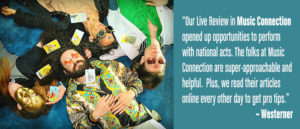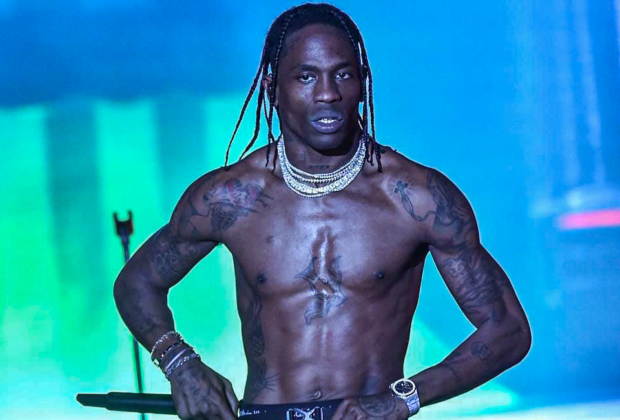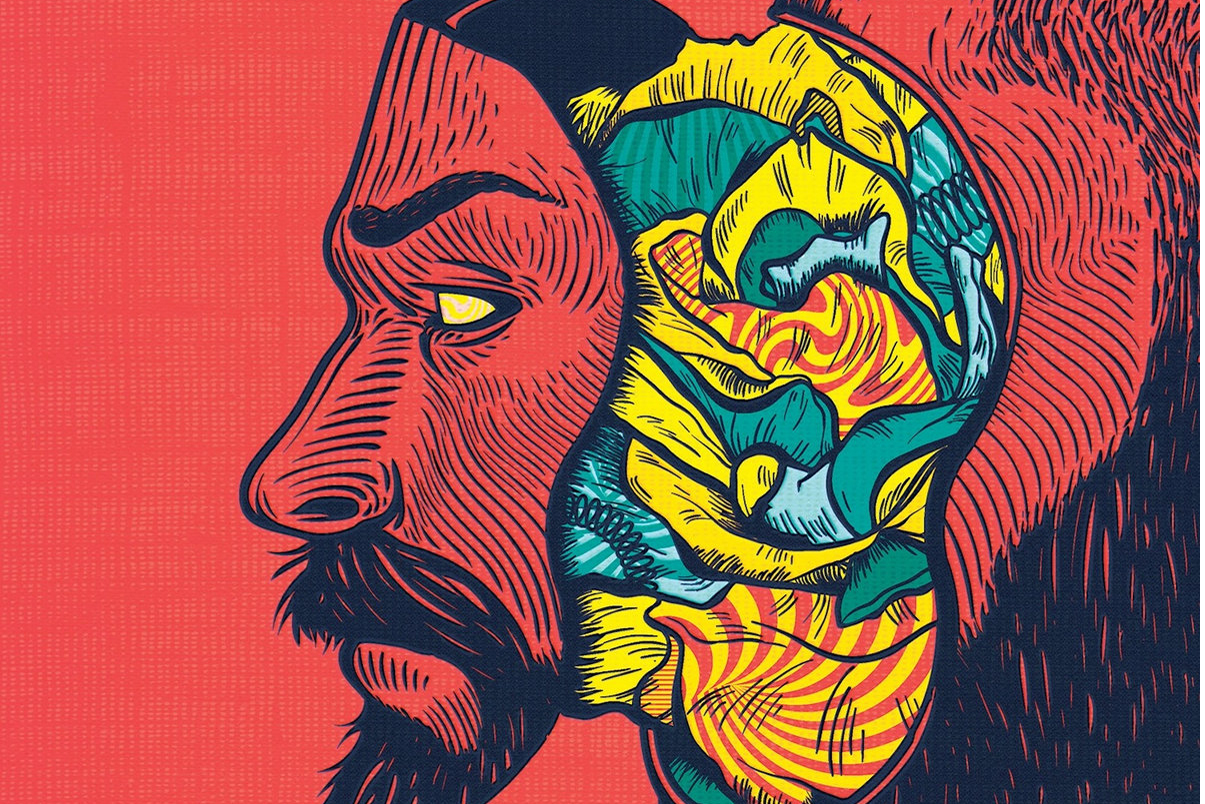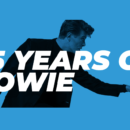Those days spent selecting an LP from Tower Records, followed by a Sunday full of listening, liner notes in hand, feel like a lifetime ago. But data suggests people miss that nostalgic experience with music––playing tracks, reading lyrics and band bios, admiring the cover art–as vinyl revenue grew by 12.9% in the first six months of last year. Over the past few decades, technology has altered the way the world discovers, purchases and consumes music, but what has not changed is the personal, intimate and emotional connection consumers desire. At the same time, we never could have predicted that a global pandemic would bring so many music experiences to a halt. From Bon Jovi to Taylor Swift, 2020 tours were quickly rescheduled or put on hold. The SXSW music festival was cancelled for the first time in its 33-year history. Coachella and Stagecoach have been cancelled, as well.
With ongoing trends in music creation and delivery in mind, as well as the ongoing impact of the coronavirus, I believe augmented reality and virtual reality (AR and VR) are in a position to help save the industry. These technologies can enable today’s listeners to connect with their favorite music artists and experiences, even absent the live events they look forward to.
Reconnecting with Music
When it comes to music consumption, there are a variety of ways people like to engage. Some just want to listen at their leisure through downloaded- purchases or via streaming platforms. Others covet up-close, in-person experiences through concerts or meet- and-greet events. Across genres, technology has proven effective in providing the convenience that listeners crave while enhancing the overall music experience in an immersive fashion.
Some artists are already bringing together multiple types of media to monetize the classic album experience. We saw this last year when American rock group A Perfect Circle released a deluxe box set for its new album Eat the Elephant, featuring a custom prism that, when placed upon an iPhone, projects a holographic film played in conjunction with the songs.
Indie rock singer-songwriter Beatie Wolfe is also hailed as a visionary for her work in 2017, launching the world’s first live 360 ̊ AR stream for her third album Raw Space. In collaboration with Nokia Bell Labs, Wolfe combined music, visuals and video to create a hypnotic, 360 ̊ album experience. With Wolfe at the center of a fantasy world, lyrics, as well as corresponding images to reflect each song’s mood, floated on-screen to bring her album to life.
These experiences are not tech-enhanced versions of yesterday’s vinyl experiences, but rather completely new, multi-sensory experiences that in Wolfe’s words, “[pioneer] new formats for music, which reunite tangibility, storytelling and ceremony to the album in this digital age.” Some of the biggest music corporations in the world are getting in on the ground floor to create never-before-seen, mixed-reality experiences. These creations have the power to turn AR and VR into music’s ultimate storytelling medium. The 2020 Tribeca Film Festival was postponed, but they made 15 short films available for socially distant VR viewing via Oculus Rift headsets.
Beyond Tribeca, anyone with a VR headset can experience a variety of musical performances and videos, including U2’s Song for Someone, directly via Within’s VR app.
The Future of Concerts
With an unforeseen hiatus of live events, we’re already seeing how live music is moving to the virtual domain. Travis Scott’s “Astronomical” event streamed live on Fortnite and saw more than 27.7 million unique viewers, showing just how eager fans are for unique adaptations of music experiences.
Augmented and virtual reality can also alter the concert experience, especially now. These technologies possess the power to transform concertgoers from passive observers into more active participants. With VR, any music fan can feel as though they’re physically standing on stage next to the lead singer or sitting with technicians and roadies side-stage. A VR-powered evening could also make it possible to go “backstage” post-show.
While seemingly theoretical, these experiences are being enabled and enjoyed today. Facebook and Oculus Venues streamed its first concert in mid-2018, broadcasting Vance Joy live from Colorado’s Red Rocks venue. Fast forward to April 2020, Oculus presented “Offset and Friends,” streaming live performances on a Wednesday afternoon in support of the Atlanta Community Food Bank. As Facebook and others have proven, VR can bring a concert from across the country or halfway around the globe right into a music fan’s living room via a high-resolution, 360-degree experience. And the technology can connect people, even reuniting them with friends met via VR at previous shows.
These new experiences may also provide new revenue streams for touring artists as activity picks back up. Artists tend to rely heavily on their concert revenues, and for some it amounts to 75% of their total income. It’s not hard to imagine the extra revenue that artists, and the broader music ecosystem, could enjoy by selling VR tickets and VR-enabled headsets to fans at a premium pricing structure based upon the fan’s desired level of immersion.
While these technologies are still in their infancy, the potential to benefit both industry and fans alike are endless––especially for the next generation of music lovers.
Ch-ch-changes
No doubt there is a big shift upon us; a perfect storm wherein technology meets industry meets artist meets fan... meets an unprecedented health emergency. The music industry is ripe for change. The challenge now resides with AR and VR pioneers to feed a hungry nation’s appetite for new and satisfying musical experiences.
During the bridge of “Changes,” David Bowie sings, “Strange fascinations fascinate me.” Music fans around the world are equally intrigued by the unfamiliar and unique. With augmented reality, virtual reality and the countless applications, these innovations enable, the music industry stands ready to reclaim its glory.
Doron Sherman has been connecting business & technology dots in startups that created multi-billion dollar markets for three decades as executive, founder, angel investor & adviser. He is the VP of VR Evangelism at Cloudinary.com.












